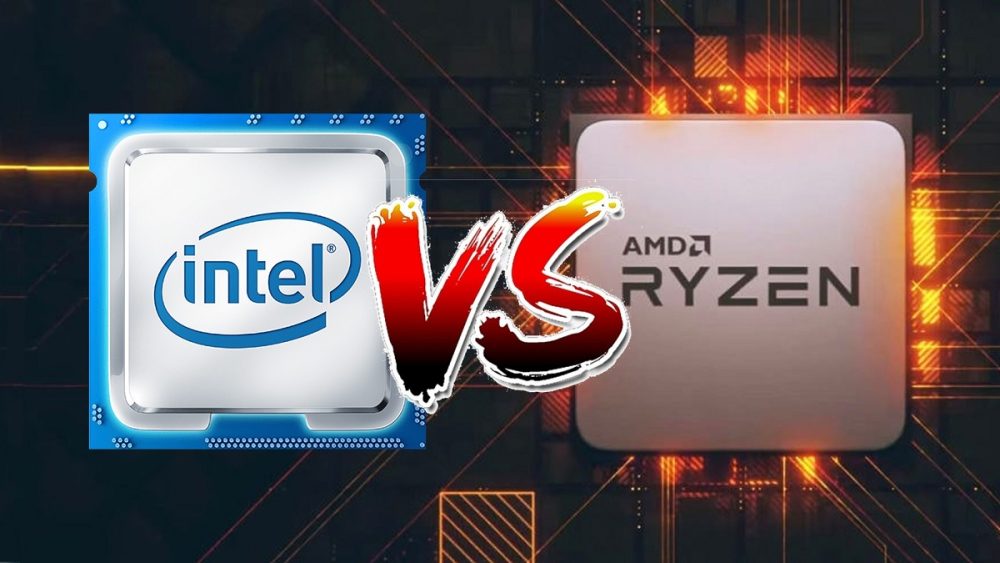
Selecting between AMD Ryzen and Intel processors is one of the most important decisions you will have to make when purchasing a new gaming laptop. In the gaming laptops industry, AMD and Intel have been engaged in intense competition. To assist you in making informed choices, we will analyze the gaming performance of Intel and AMD laptops in this post.
Table of Contents
Choosing CPU for gaming laptops: AMD or Intel
For gaming laptops, how does the gaming performance of AMD vs Intel laptops? AMD Ryzen and Intel both provide a variety of CPU alternatives. The processors from both brands compete across various price points and performance levels. When it comes to gaming laptops, comparing AMD vs Intel is frequently very challenging because laptops are manufactured by numerous vendors, each with unique manufacturing methods, power management and battery capacity, and proprietary cooling systems, for example.
- Single-Core vs. Multi-Core Performance:
For gaming applications that depend on robust single-core performance, Intel CPUs have long been known for their superior single-core performance.
Strong multi-core performance is a characteristic of AMD Ryzen processors, especially those in the Ryzen 7 and Ryzen 9 series. This makes them ideal for jobs that benefit from parallel processing, such as multitasking and content production.
- Graphical Aptitudes:
For gaming laptops, CPUs like AMD Ryzen and Intel can be matched with specialized GPUs from NVIDIA or AMD. Performance in games depends heavily on the GPU, and selecting the right GPU can have a big effect on the whole gaming experience.
- Thermal Efficiency:
Thermal performance is a significant consideration, particularly for laptops with limited cooling options. Though the exact laptop design can affect this, AMD Ryzen processors have been commended for their energy economy and thermal control.
- Value for Money and Pricing:
AMD Ryzen processors are reasonably priced and deliver good performance in exchange for their price. Because of this, gaming laptops with AMD processors may be a desirable choice for people on a budget.
There is a wide range of pricing points for Intel CPUs, from more expensive models to more affordable ones.
AMD Ryzen for Laptop Gaming:
AMD Ryzen CPUs are renowned for their potent multi-core capabilities. Radeon Vega graphics are frequently incorporated inside Ryzen CPUs, making them ideal for light gaming on laptops without discrete GPUs. Gaming laptops typically feature processors from the Ryzen 5, Ryzen 7, and Ryzen 9 series, which offer a good mix between price and performance.
In the laptop gaming sector, AMD has grown in popularity as a competitive alternative to Intel. AMD has been working to enhance the graphics capabilities of their laptop CPUs to offer a more comprehensive gaming solution.
Intel for Laptop Gaming:
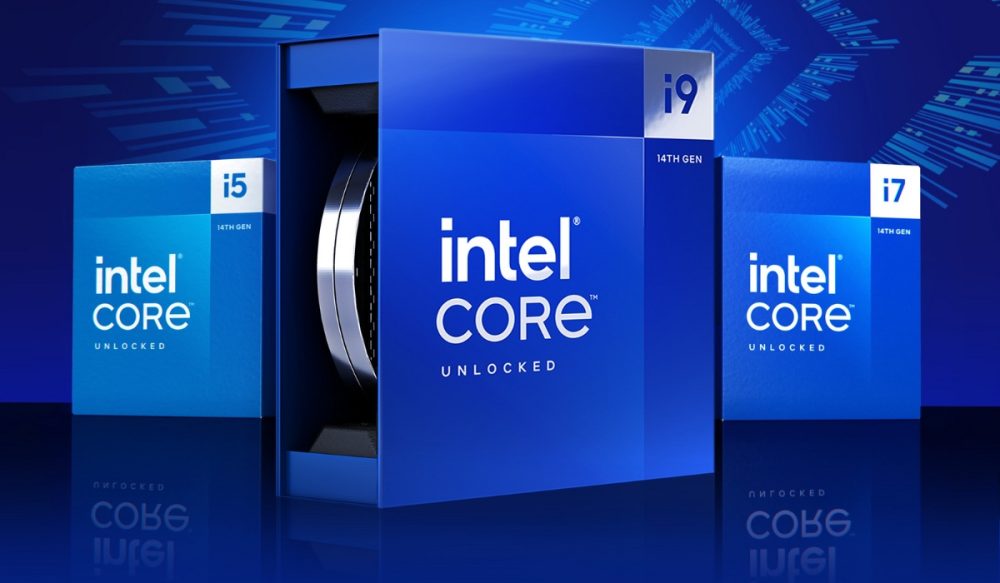
For many gaming applications, single-core performance is critical, and Intel CPUs excel in this area. Iris Xe graphics, which are incorporated into some Intel processors, provide respectable graphics performance for simple gaming tasks. Popular options for gaming laptops are the Core i5, i7, and i9 series, particularly in higher-end versions.
Intel has a long history in the laptop gaming sector, and its processors can be found in a wide range of laptop models. The 12th and 13th generation Intel Core CPUs have been popular choices for gaming laptops due to their high single-core performance. Intel has prioritized advancements in integrated graphics performance to appeal to users who may not have a dedicated GPU.
Architecture and Technology
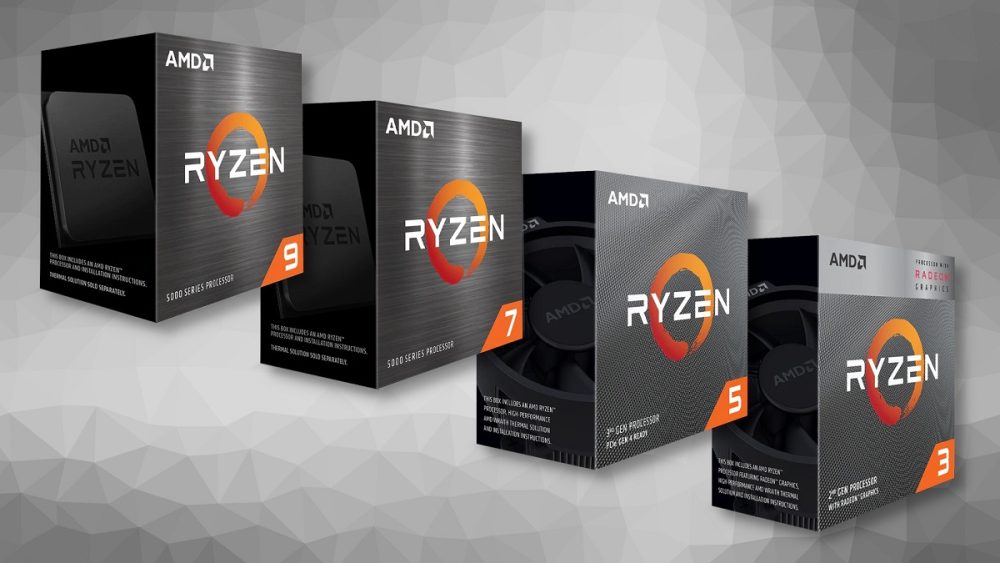
Architectural features of AMD Ryzen
Zen and Zen 2: AMD’s Ryzen CPUs are based on these two architectures, which prioritize multi-core performance and better IPC (Instructions Per Cycle).
Zen 3: The Zen 3 architecture enhances overall efficiency and optimizes the cache structure by further refining the design.
AMD employs Infinity Fabric, a high-speed connection technology, to enable communication between various components, such as cache and CPU cores.
Functionality for Multi-Threading: The majority of Ryzen CPUs come with SMT functionality, which lets each physical core manage two threads at once. This improves performance on several cores. Integrated Graphics: Some Ryzen processors come with integrated Radeon Vega or RDNA graphics, which gives laptops without a discrete GPU respectable graphics performance.
Architectural features of Intel CPUs
Kaby Lake, Coffee Lake, and Skylake: The Core microarchitecture has served as the foundation for Intel’s most recent CPUs, which include the Kaby Lake, Coffee Lake, and Skylake families.
Tiger Lake improvements: Willow Cove cores, a feature of Intel’s more recent CPUs, emphasize higher IPC and single-core performance. These CPUs include the Tiger Lake family.
SMT Equivalent: Hyper-Threading, which is AMD’s SMT equivalent, is frequently found in Intel processors, enabling improved multi-threaded performance. Improved Graphics: To deliver improved integrated graphics performance, some Intel CPUs come with integrated Iris Xe graphics.
Comparison of modern technologies used by both brands
AMD: A 7nm process is used in the production of Ryzen CPUs, especially those based on the Zen 2 and Zen 3 architectures. A lot of Ryzen processors—particularly those built on the Zen 2 and Zen 3 architectures—support PCIe 4.0, which increases storage and GPU bandwidth. In its architectures, AMD has placed a strong emphasis on integrating AI for tasks like predictive prefetching.
Intel: The 10nm SuperFin process is used in Tiger Lake CPUs. With its upcoming architectures, Intel is continuing its shift to smaller nodes. Additionally, newer Intel processors are starting to implement PCIe 4.0, which will increase data transfer speeds. Thunderbolt offers high-speed peripheral connectivity and is frequently linked to Intel products.
Processing Performance
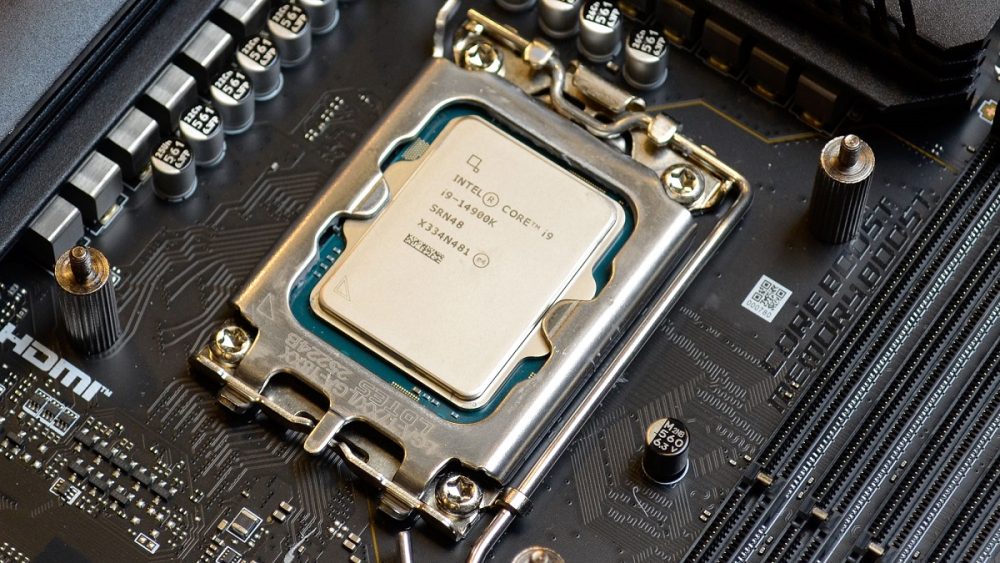
Comparing single and multitasking processing performance of AMD vs Intel
- Single-Tasking Performance:
AMD Ryzen: AMD Ryzen CPUs offer competitive single-core performance, particularly those built on the Zen 3 architecture.
Intel: Intel CPUs are renowned for their potent single-core performance, especially those in the Core i7 and Core i9 series.
- Multitasking performance:
Ryzen CPUs are excellent at multitasking because they place a strong emphasis on multi-core performance. Ryzen CPUs (such as the Ryzen 7 and Ryzen 9 series) have more cores, making them more effective at handling many applications simultaneously.
The Hyper-Threading technology from Intel, found in a lot of Core i7 and Core i9 CPUs, improves multitasking efficiency. The multi-core Intel high-end CPUs are also ideal for managing several tasks at once.
Impact of cores and threads on gaming performance
The effect of threads and cores on gaming performance varies depending on the optimization of the particular game. Generally speaking, Ryzen CPUs are becoming more competitive in the gaming sector, but both AMD and Intel provide alternatives appropriate for a range of gaming scenarios.
Graphics and Gaming Performance
Integrated graphics performance on AMD Ryzen and Intel
Ryzen APUs have enough performance for older games and light gaming. Integration of RDNA or Vega graphics benefits systems lacking a dedicated GPU.
Compared to earlier Intel integrated graphics technologies, Iris Xe graphics exhibit advances. Less taxing games and chores can be handled by Iris Xe, which also provides smoother gaming and sharper graphics.
Comparison with discrete graphics cards
AMD Ryzen with Discrete Graphics: Benefits: For optimal gaming performance, Ryzen processors can be used with discrete graphics cards from NVIDIA or AMD (Radeon).
AMD’s Smart Access Memory (SAM) technology enables Ryzen CPUs to access the whole GPU memory, which could enhance gaming performance when paired with compatible GPUs.
Support for Discrete GPUs: Intel-based laptops can also make use of discrete GPUs from several manufacturers, such as NVIDIA.
Support for Thunderbolt: Intel laptops that have this feature enable external GPU connections for higher graphics performance.
Discrete GPUs work best when paired with Intel CPUs, which are particularly common in gaming laptops.
The effect on performance is contingent upon the particular GPU model and the CPU’s compatibility with it.
High-end gaming laptops come with AMD Ryzen and Intel CPUs, which are frequently matched with strong discrete GPUs to provide the best possible gaming experiences.
Power Standards and Efficiency
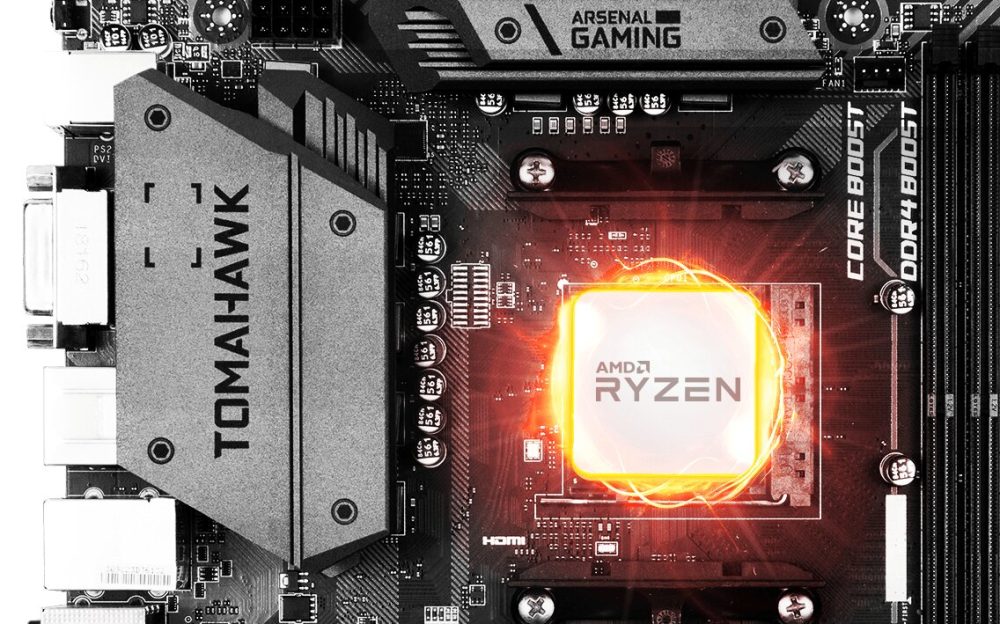
AMD Ryzen processors are made with energy efficiency in mind, especially the ones built on the 7nm technology. Certain Ryzen APUs with integrated graphics enable effective power management, especially when dedicated GPUs are not in use. AMD Ryzen laptops have the potential to provide a long battery life, particularly when discrete GPUs that consume a lot of power are not being used.
Intel CPUs strive for energy efficiency, depending on the architecture and manufacturing method. Iris Xe and other integrated graphics from Intel help reduce power consumption when performing jobs that don’t call for a dedicated GPU. In a similar vein, laptops with Intel CPUs—especially those with powerful integrated graphics—can offer longer battery life.
Value and Budget
AMD Ryzen-powered gaming laptops are widely regarded as offering outstanding value, particularly in the mid-range and low-cost categories. APU integration can improve affordability even more.
Due to Intel’s extensive processor lineup, a variety of laptop configurations at varying price points are possible. Gaming laptops with Intel processors are available for a range of pricing points, contingent on the model and features.
Users can choose between AMD and Intel products to achieve a budget-friendly combination of performance and value. The ultimate choice is based on personal tastes, certain laptop models, and the required degree of gaming performance. When making a purchase, users should take into account variables including CPU power, GPU options, and total system specs.
Conclusion
AMD Ryzen and Intel CPUs have advantages, and the decision between the two typically boils down to personal tastes, needs, and financial limitations. Both businesses keep coming up with new models and technological advancements to improve laptop gaming. When choosing a laptop for gaming, it’s advised to take the particular CPU model, related GPU, and general specs into account.
This is our response to the question, “How does the gaming performance of AMD vs Intel laptops?” For the most recent information, always refer to the most recent reviews and benchmarks. Good luck!
Read more: How To Pick The Best Graphics Card In Laptop For Gaming
